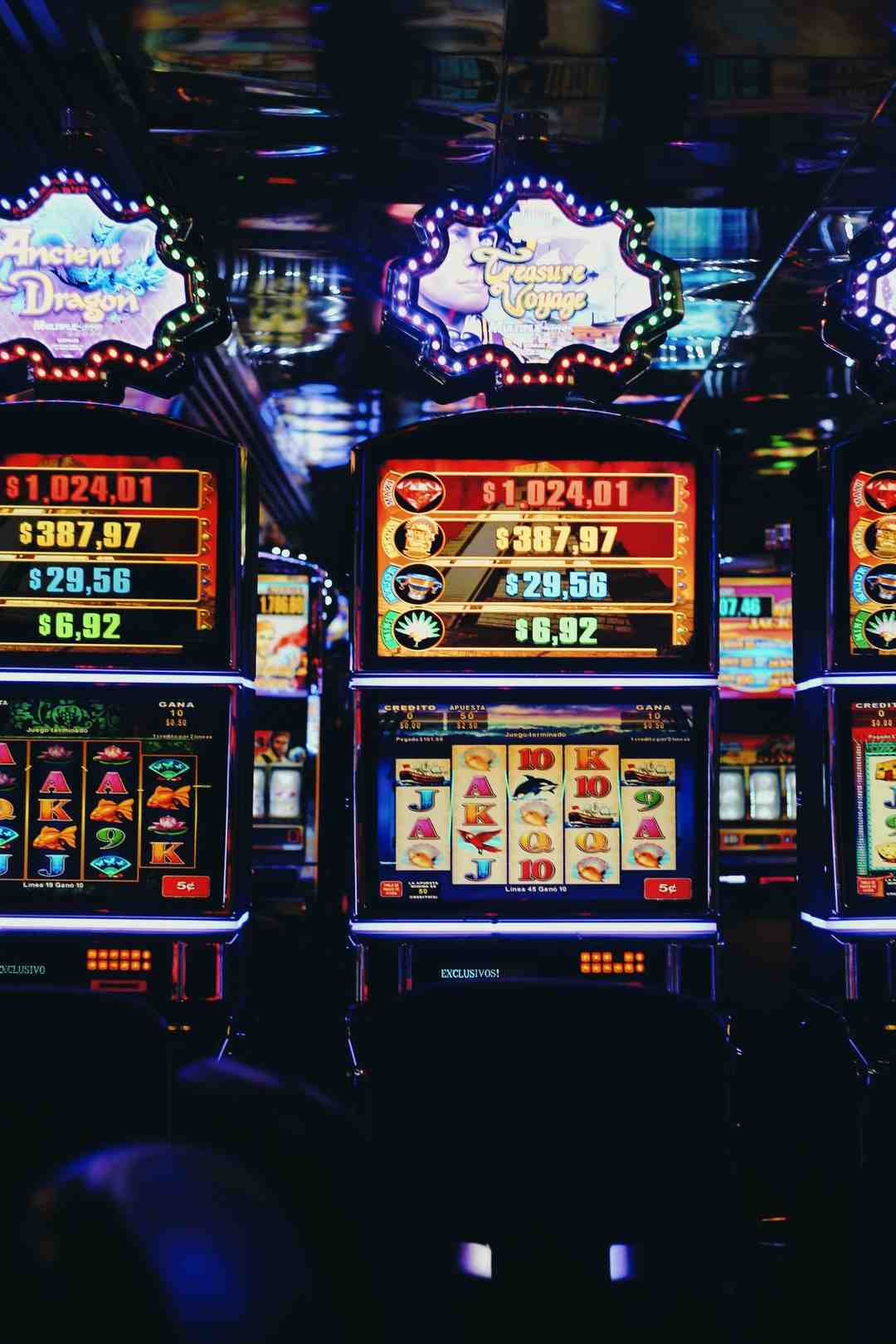
A world of leisure has seen numerous shifts over the years, but not many have captured our imagination and thrill of gamers like gambling games. Originating in from the vibrant halls of Las Vegas, Nevada and Atlantic City, these games have spilled over borders and societies, becoming a worldwide phenomenon. Whether in the dazzling lights of a mega-resort to the convenience of online sites, the allure of casino games is undeniable, drawing millions into a world of chance and tactics.
As more countries embrace gambling in multiple ways, the influence of U.S. casino games is clear. They have not only shaped local gambling markets but have also sparked countless adaptations and innovations globally. Classic games such as the poker and blackjack, along with new variations, have created a shared language of entertainment that connects across diverse populations. The combination of gambling risks, rewards, and social engagement found in these games fosters a unique sense of belonging, further cementing their place in the international entertainment landscape.
Historical Summary of U.S. Gambling Games
American casino games have a diverse and colorful past that reflects the societal development of the U.S.. The origins of these activities can be traced back to various European gaming traditions brought over by colonists. Games like the poker game, blackjack, and the roulette game found their way into the mosaic of U.S. culture in the 19th century, gaining fame in saloons and riverboats. These venues offered the ideal setting for social interaction and competition, laying a solid basis for casino gambling as we recognize it today.
As the country expanded to the west, gambling evolved alongside it. The Gold Rush era in the mid-1800s witnessed the rise of gambling towns such as Deadwood, South Dakota and Tombstone, Arizona, where gambling activities were played with high stakes, frequently accompanied by an air of disorder. This time set the stage for the formalization of casino games in the beginning of the 20th century, notably with the creation of Las Vegas as a gambling hotspot. The building of lavish casinos transformed the gambling environment, creating an environment where games could thrive and draw tourists from around the globe.
In recent decades, the legalization of casino gaming in various states has additionally expanded the variety of activities available. U.S. casinos now feature a mix of classic gambling activities and innovative offerings that cater to modern players. This expansion has enabled for a distinct blend of traditional and new, enabling the continuous evolution of casino culture in America. The international impact of these activities has also contributed to their incorporation into international gambling industries, showcasing the enduring influence of American casino gambling activities across the globe.
Global Popularity and Influence
The growth of American casino titles has marked a significant shift in the global gambling landscape. With their attraction crossing borders, these games have captivated players around the world. From Texas Hold’em tournaments to fruit machines, U.S. styles have found a place in many global casinos. This transfer of culture highlights how adaptable and compelling these games are, adapting to local tastes while preserving their classic American charm.
Moreover, the influence of these titles goes beyond conventional gambling establishments. Online platforms have played a crucial role in popularizing U.S. casino titles, making them accessible to players globally. The ease of online gambling has introduced millions to experiences that were once confined to brick-and-mortar casinos. Players can now play their favorite games from any location, creating a new wave of excitement and growing the gamer base considerably.
This global acceptance is also seen in the integration of American gambling titles into local cultures. Countries that have adopted these games often host their own versions and tournaments, blending local customs with U.S. gaming traditions. This blend not only enriches the gaming experience for participants, but it also highlights the powerful influence that U.S. gambling games have on both leisure and social engagement across different societies.
Social Adjustments and Improvements
Gambling games have undergone notable transformations as they expanded across various cultures. Each region has taken in elements of U.S. gaming while adding its own customs and practices. For example, the rise of digital casino sites has enabled for the integration of local character into classic titles like Texas Hold’em and blackjack. Players now experience versions that incorporate regional wagering styles and unique rules, making the games more relatable and inclusive for different audiences.
In many nations, the popularity of casino games has led to the development of localized versions that showcase cultural themes and stories. This flexibility has opened doors for creative game design that resonates with gamblers on a personal level. Slot machines, for instance, now showcase imagery and sounds that honor local heritage, folklore, and popular culture, which in consequently enhances the gaming adventure and fosters a sense of belonging among gamblers.
Additionally, the worldwide influence of U.S. casino games has inspired new game styles and blended formats. bj88 live Some establishments have merged traditional betting with amusement aspects, such as live shows or interactive tech, resulting in a more immersive atmosphere. These innovations not only draw a broader audience but also guarantee that the essence of gaming continues to evolve, connecting gaps between different cultures while maintaining the excitement that casino games are known for.